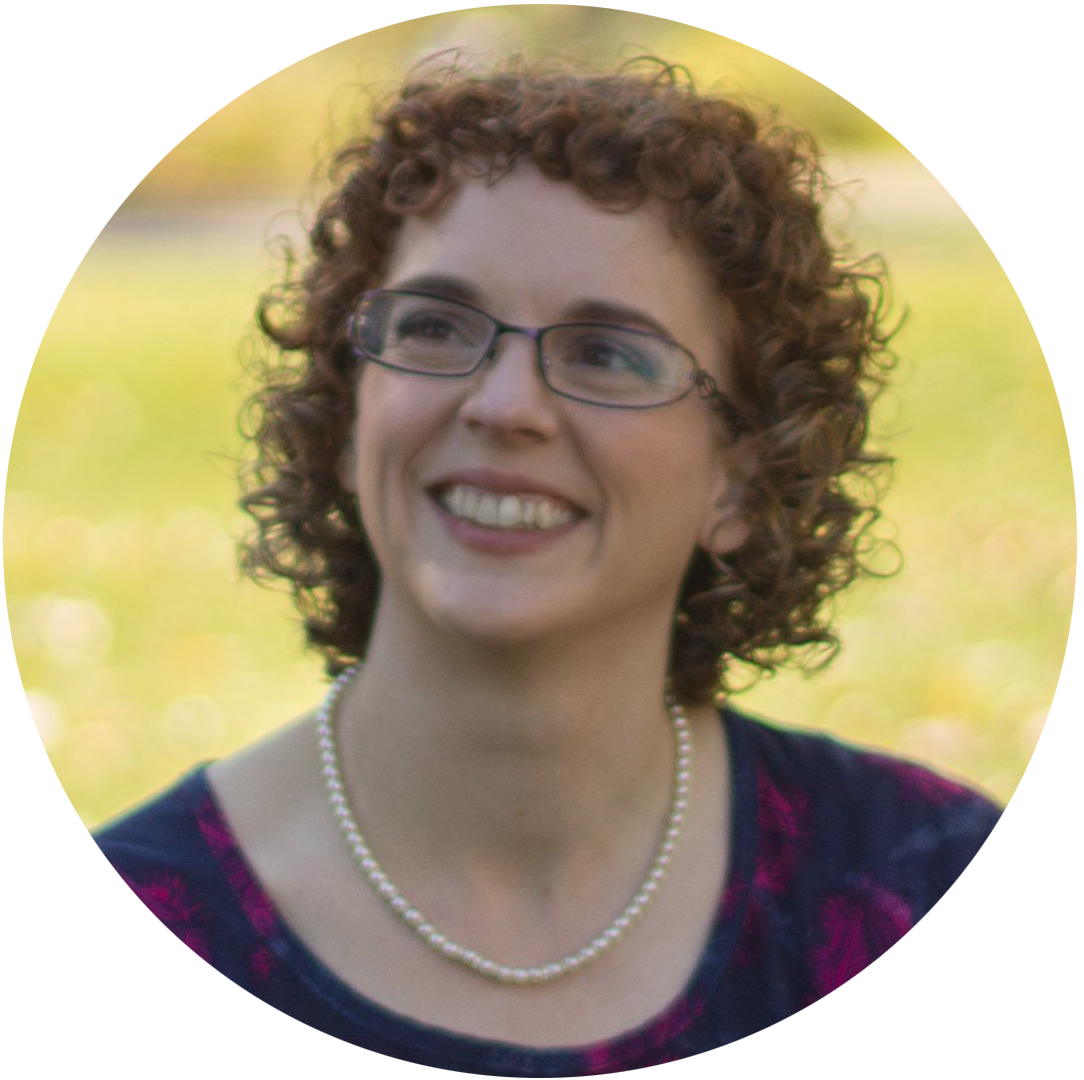There has been a lot of furor on the internet over the last few months about young adult (teen) literature, and in particular adults reading young adult books. If you google it, you’ll find lots of blog opinions on whether adults should be ashamed of themselves for reading young adult literature, or if it okay to read young adult literature, or if it is okay some of the time, but you should pick up more serious or ‘literary’ books now and then.
As a young adult author, you can probably already figure out where I stand on this subject. And if you’ve read my #TeaserTuesday posts, you have probably noticed that 1/3 to 1/2 of what I read tends to be middle grade to teen literature. What I find odd about the whole discussion is:
(a) Failed attempts to classify what books qualify as young adult literature; and
(b) Declarations that “all young adult literature is_____________.”
So let’s tackle this. Young adult books are books that have a protagonist who is a young adult and/or that were written specifically for young adults. You can argue over exactly what age a “young adult” is (industry definitions run anywhere from 11-25 years old).
The second issue is more disturbing to me. Variously, all young adult literature is ___________ or all _____________ fiction is young adult:
- escapist/pleasurable
- easy to read (easy words, low readability level, uncomplicated plot)
- plot driven
- dystopian
- fantasy
- happy or satisfying endings
- not “serious” literature
- externalizes conflict
- allegorical
- infantilized
- no sex/language/gore
- “coming of age”
- junk food for the brain
- light reading
- formulaic
- one dimensional
- likable protagonists
- speaks to everyone
But of course young adult literature is just as diverse as children’s literature or adult literature. You can try to classify children’s fiction as always having brightly colored covers, hand drawn illustrations, simple words, or happy endings, but it just isn’t true.
The majority of children’s fiction may meet one or all of those classifications, but none of those things make it children’s fiction, and none of them are true of every children’s book. A children’s book is one written for children, whether it meets all of those qualifications or none of them.
You can say that all adult books are longer than 50,000 words, have a grade 8 reading level, are written by authors over 30 years old, and come in paperback form. Again, the majority of adult fiction may meet one or all of those classifications, but none of them make it adult literature, and none of them are true of every adult book. An adult book is one written for adults.
Is all young adult escapist, easy to read, formulaic, has one-dimensional characters and a happy or satisfying ending? I challenge you to read The Book Thief.
Young adult fiction does not have to follow any particular theme, trend, or other characteristic.
I get very frustrated with book sites or book lists that clump all young adult literature together as simply “YA”. There is a huge difference between Harry Potter and Catcher in the Rye. Between The Hobbit and The Chocolate War. Between The Outsiders and Fahrenheit 451. Just like adult fiction, YA can run the gamut of mystery, romance, fantasy, dystopian, literary, thriller, chick lit, and so on. Just like children’s fiction, some characters are bright and cheerful, and others are angry, messy, or down-right rude. Some are short, and some are long. Some use simple language and some use long words and complex language. Some have allegorical messages, some have dark meaning, and some leave you cold.
Next time you see the sentence “all young adult books are ___________,” stop and think about whether it is true. Chances are, it isn’t, because the only thing true about all young adult books is that they were written for a young adult audience or have a young adult protagonist. Any other attempt to classify young adult books as _________ will fail. There is a huge range of books to choose from. Happy and sad, good and bad, well-written and poorly-written, high-brow and low-brow, clean and dirty, fantasy or reality, the choice is yours. Even those who claim not to read young adult literature have probably read-and enjoyed-a number of them.


